How to brush? Which are common dental problems? A few common myths broken
Earlier I have submitted a few posts related to dental health and diseases, and in one particular post, I explained about 13+ dental problems and their solutions. This topic is an extension to that article. You can read the previous article here.
Do you know some careless mistakes on dental care can lead to serious dental issues including cancer? An unhealed wound in the mouth may be an indication of mouth cancer. A tooth in frequent contact with inner wall of the mouth can cause severe bruises giving such conditions. A little care in this case can save you from serious dental issues. That’s why doctors suggest examining our mouth along with daily procedure of brushing. Some diseases affecting other body parts or internal organs may show indications or symptoms in mouth regions. Some diseases start with mouth and later spreads to other parts.
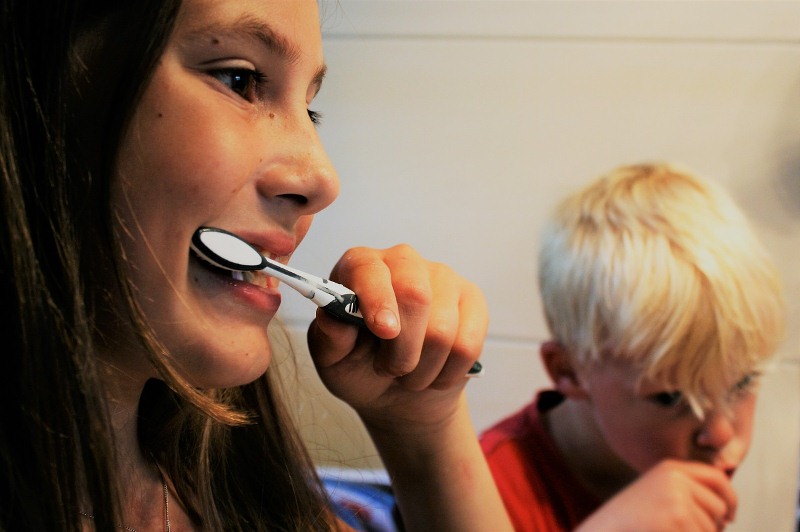
Some common myths related to dental care and their answers
Q. It’s a common habit for many to use mobile or read newspaper while brushing in the morning. Is it an issue?
A. Every simple task needs concentration to do perfectly. Same is the case of brushing teeth, which needs just 3 to 5 minutes. If it is not properly done, it affects the health of gum, enamel and teeth. So it is advisable to avoid all other tasks while brushing.
Q. Can we brush any way we feel?
A. No, brushing has a procedure. Best method is zigzag motion, where brush is moved from upper portion to lower portion and vice versa. Brush should be placed in a slanting position, so that food remains in between the tooth get removed easily. Also, never add extra pressure while brushing. If done so repeatedly, natural enamel coating will be affected, and food may appear sour in taste.
Q. How long can we use a dental brush?
A. Replace brush once in every three months. When bristles of brush spread, it’s time to replace it. Brushes with soft bristles are best. If the tip of the brush is triangle in shape, it cleans inner portions of tooth also.
Q. Can we keep brushes of all family members together?
A. Used brushes will have gems. The next day during brushing, those gems will go inside mouth again. To avoid this clean your brush properly after every use. Remove the water content completely and keep in separate covers or containers with closed lid.
Q. Should we brush every time after we eat something?
A. Twice a day is sufficient – in the morning and late night before you go to sleep. If you feel to brush your teeth after the intake of some food item, you can do it without toothpaste. In some cases food items get deposited between tooth gaps. In this case also you can brush without toothpaste. It’s applicable in the case of kids too. Avoid using toothpaste at intervals, even if they take sweets.
Q. Can excess use of toothpaste add extra cleanliness to teeth?
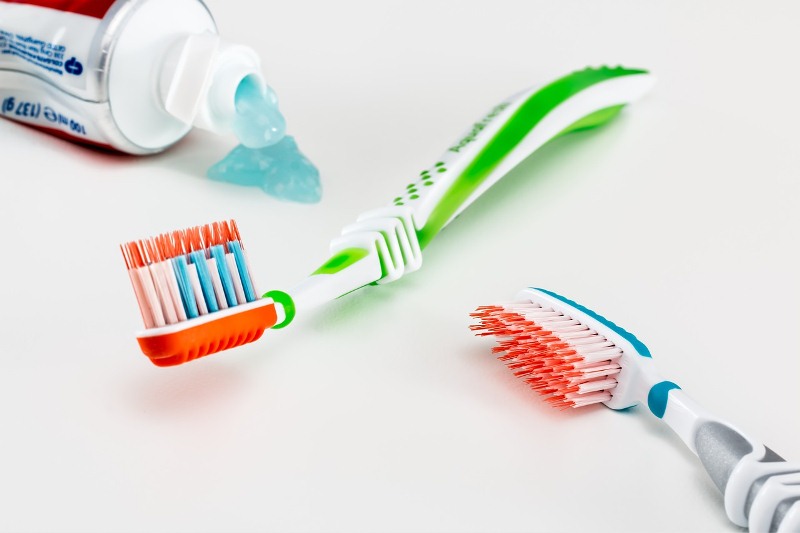
A. It’s a habit of most of us to use excess toothpaste. But we need a small quantity only, equal to the size of bristles.
Q. Should we try different brands and types of toothpaste instead of sticking to just one?
A. Some pastes and mouthwashes are allergic in a few persons. Redness, itching, swelling, hot feel or formation of bubbles are the end results. Such bubbles can burst which can make your life miserable. Certain food items can also cause allergy. Some food preservatives and artificial colours can also cause similar conditions. Discontinue such toothpastes as soon as you spot the condition.
Q. If we add extra pressure while brushing, can we improve tooth colour, cleanliness and dental hygiene?
A. Tooth colour is natural and it differs from one another. It has no relation with your brushing habits. Enamel and dentine determine the colour of tooth. Enamel has light blue colour and dentine has light yellow shades. It’s the colour of dentine which expresses most. Smoking habits and frequent use of beverages like tea and coffee, and also wine increases yellow shade of teeth.
Q. Charcoal of rice husk (Umikkari) was once used to clean tooth. Is it good?
A. Nowadays we rarely see people using old charcoal or tender mango leaves. We have moved forward very much. To block tooth damage, fluoride is essential. Buy toothpaste with 1000 ppm fluoride content. Avoid gel pastes and tooth powders as much as possible. Both contain ingredients which can damage your teeth and cause attrition.
Q. Can avoidance of sweets improve dental health in kids?

A. The outer portion of milk teeth in kids is comparatively soft. That’s why they get damaged easily. Unscientific dental care, carelessness and hereditary diseases can affect young kids. If you frequently place feeding bottle in his mouth during his sleeping hours, teeth of upper row can get damaged easily. You can avoid giving biscuits and sweets to younger kids as much as possible. As it is not possible to fully avoid them, brush their teeth without toothpaste soon after giving sweet. Include salad cucumber, carrot, leafy vegetables, milk, eggs, fish and fruits in their regular diet. You can give him raw salad cucumber and carrot as snacks. As they improve saliva formation, it reduces tooth damage.
Q. Should we self-examine our mouth and teeth?
A. Look at a mirror and examine your mouth every day. Mouth and its roof, cheek, tongue and its lower portion and throat should be examined properly. If you find black spots or marks in your teeth anywhere, consult a dentist. If you see black, yellow, white or red patches inside your mouth, you need to seek opinion from an expert. If mouth ulcers or wounds don’t heal within 4 weeks, it needs emergency attention.
Q. If we lose a tooth, is it necessary that you can fix an artificial one?
A. Replace the tooth as soon as you lose it. Otherwise adjacent teeth may slightly rearrange to fill the gap changing the whole structure. Not only that, gaps may form in between such structures and food may get into it causing damages. It can lead to swelling, plaques etc. If you pluck a tooth, replace it as soon as the wound heels, and you can do it at any age.
Q. Can drinking habit influence dental health in any means?
A. When you drink water, it avoids mouth turning dry. Dry mouth leads to many dental diseases. Lack of saliva can also lead to teeth damages. When you drink plenty of water, a lot of impurities are flushed out of the body, which improves circulation and retains moisture in body. Indirectly it positively affects dental health.
Q. Special dental care tips for patients with diabetics, high blood pressure and cholesterol if any?
A. Diabetic patients are prone to dental diseases. The condition affects salivary glands and their functions, which may lead to dryness. If so loss of taste, plaques and dental damages, infection, fungal infection, hotness feel, bad smell etc could be the end results. Diabetic patients should have a dental check-up once in every 6 months.
Q. Is chewing gum harmful to teeth?
A. Sweet content of chewing gum can harm your teeth. It’s not advisable to make it a habit.
Q. Can hormone variations in ladies affect teeth?
A. Hormone variations may be accompanied by some disease conditions. Swelling of gum, lumps or tumours in gum during pregnancy period etc are a few of them. Hence extra dental care should be taken during gestation period.
Q. Can we use toothpicks to remove food from tooth gaps?
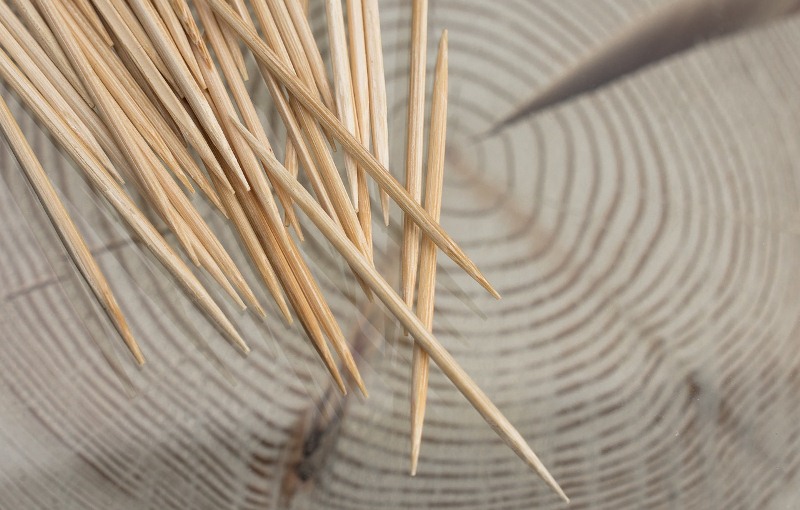
A. If you don’t use tooth pick in a proper way, it can damage your teeth. Some people have a habit to insert safety pin, needles and other pointed objects into the tooth gaps to remove food. Never use any metallic substance as toothpick.
Q. Can lemon juice harm your teeth?
A. If you frequently drink lemon juice, it can affect the health of enamel. Citric acid present in lemon juice is the reason behind it.
Image source: Pixabay
Also read a few more topics on dental care. Click on the images in the gallery to read

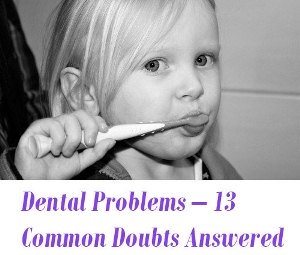
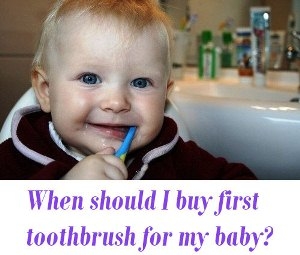
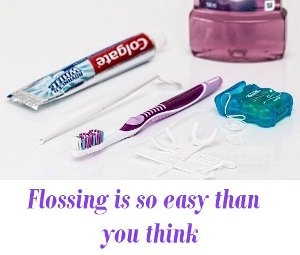
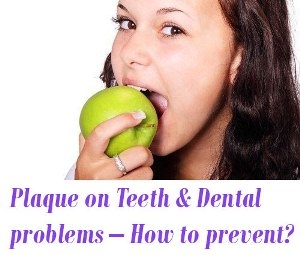
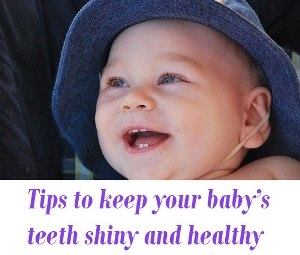
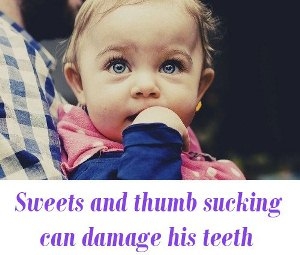
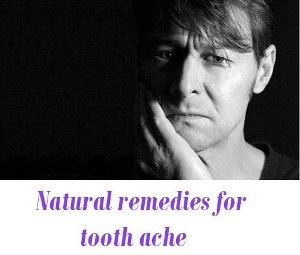


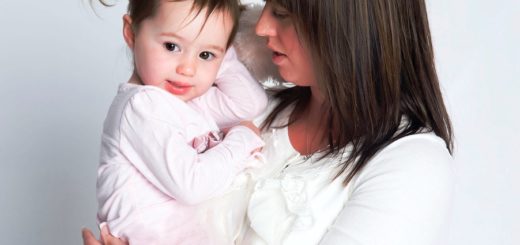
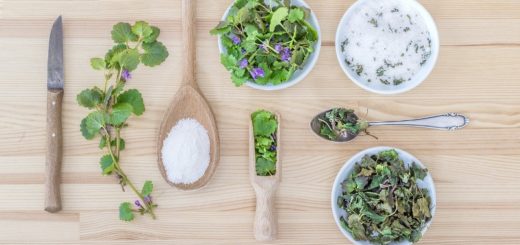
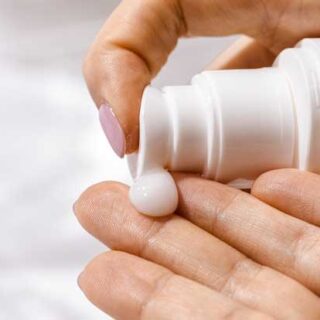
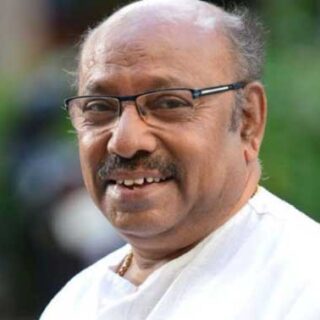
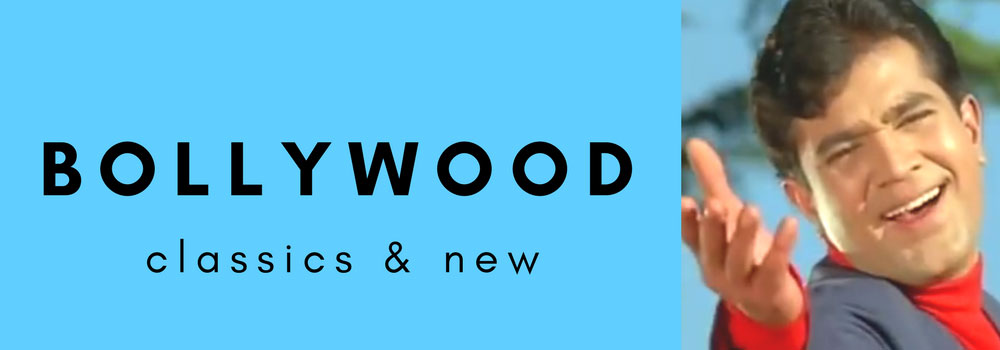
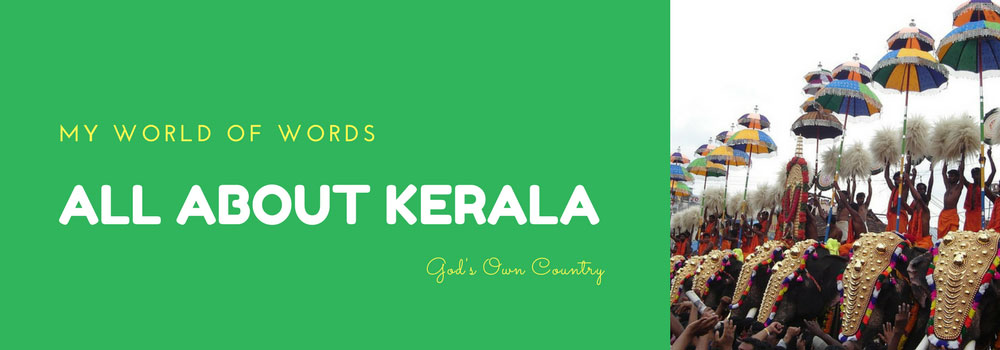
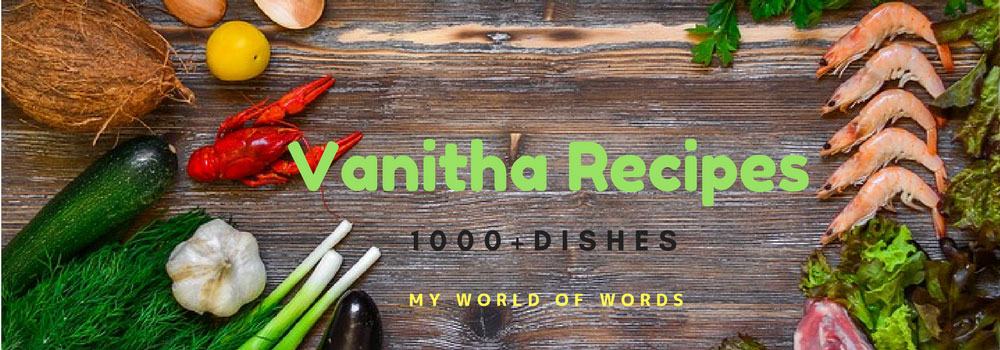
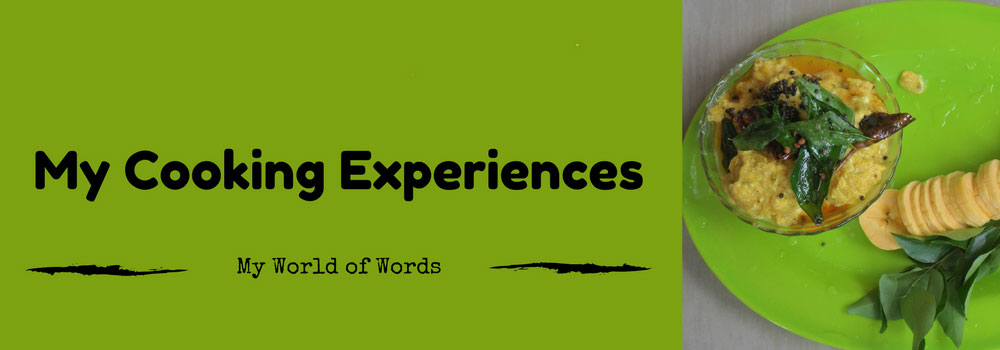
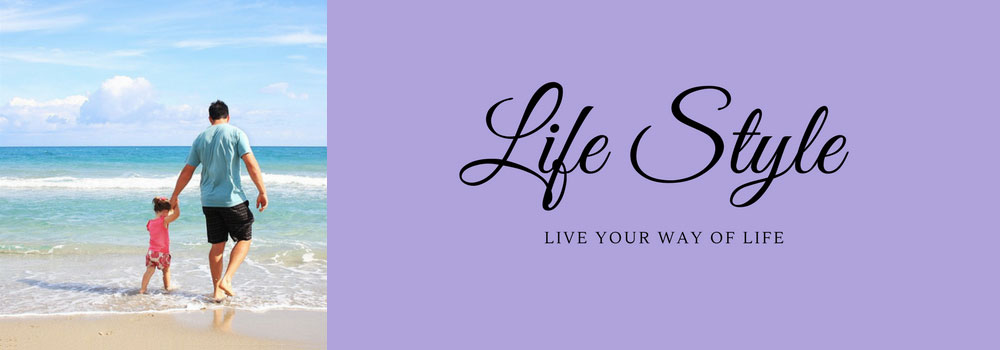

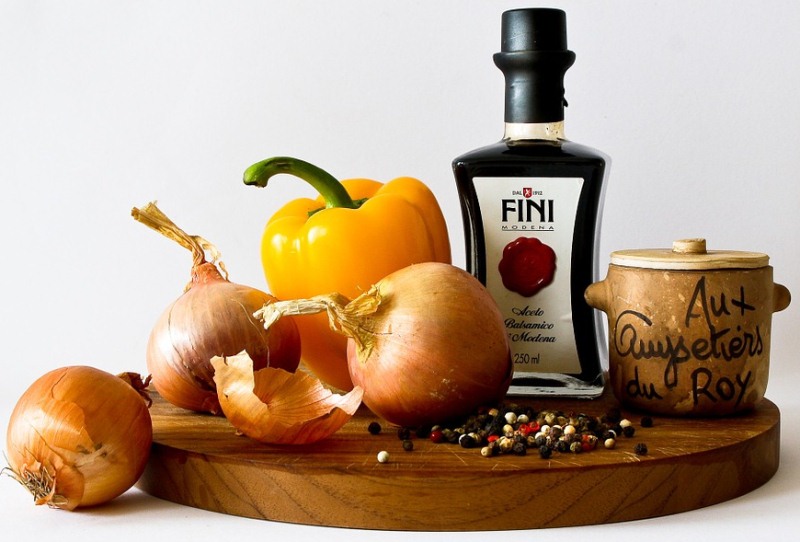

Recent Comments